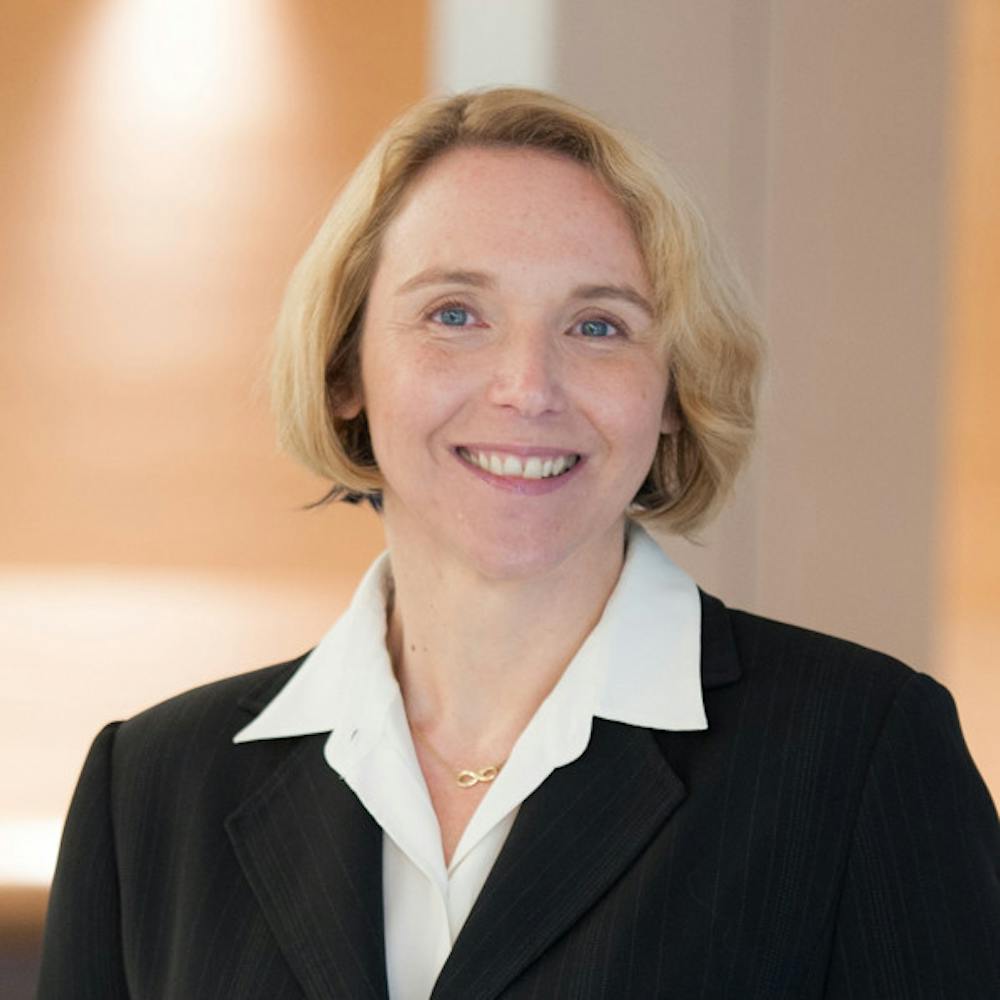In an effort to combat the growing international water crisis, 54 scholars and scientists from across the globe recently signed the Geneva Actions on Human Water Security, a document backed by the United Nations Educational, Scientific and Cultural Organization that stipulates clean water access as a basic human right.
The declaration delineates three actions to help ensure global water security: first, to “secure the delivery of basic water needs for people;” second, to “secure the improvements in the condition of watersheds, streams, rivers and aquifers” and, third, to “secure better water planning, management and governance.”
The document called for the establishment of the Global Human Water Security Fund of 27 billion per year, or enough to provide 1 cent per person per day, said Amanda Lynch, director of the Institute at Brown for Environment and Society, professor of environment and society and of earth, environmental and planetary sciences and one of the founding signatories of the declaration. The U.S. government would contribute to the fund in the same way it does to other humanitarian funds, she added. “We need water for life, and it’s becoming increasingly problematic for people to access,” Lynch said.
“We need to do something more proactive about implementing this idea,” said Gabriel Eckstein, professor of law at the Texas A&M School of Law and another of the founding signatories, about the fund. “Every person is entitled to some amount of good quality fresh water.”
The amount of humanitarian and environmental damage attributed to inadequate clean water access is vast, according to Eckstein and Nathaniel Matthews, program director at the Global Resilience Partnership and another of the founding signatories. The dearth of clean water access has caused the deaths of millions of children and a top source of diseases around the world.
“There are 2.5 billion people without access to improved sanitation,” Matthews said, highlighting water’s integrality to many different issues, such as agriculture, food security and energy.
Lynch emphasized that inadequate water is not the problem; rather, it is an issue with effective use, appropriate governance, pollution and corruption. “We actually hold in our hands the ability for everyone to have access to sufficient clean water. It’s a worthy priority because it is attainable,” Lynch said.
Eckstein stressed the importance of having a well-rounded team of experts to work on this issue from different directions. As a lawyer, he offers a legal perspective, while others in the group view the issue through other lenses, such as scientific or economic ones. Subsequently, Eckstein views access to clean water as a legal right and considers it necessary for governments to recognize this and adjust their own domestic laws.
Lynch said that she and the rest of the signatories were advocating with UNESCO to create the fund and, as all of the signatories come from different parts of the world, to their respective federal and state governments to contribute to it. Each signatory was asked to identify key priorities or actions and analyze the key issues associated with priority geographies, Matthews said. “We’ll work together as a group to find some substantive areas to address water security around the planet,” Matthews said. He hopes this project will create momentum that allows global water security for people and ecosystems to remain a priority with policymakers.
According to Lynch, since the declaration’s presentation in July, the founding signatories have shared it with media and local representatives and have met with government officials. “Each of us agreed that we would not only sign the document, but that we would take action,” Lynch said. As far as Lynch’s own efforts, she said she has been working with the Australian government encouraging them to contribute, and she is hoping to meet with Rhode Island senators.
The group has also already seen support outside of UNESCO. Eckstein cited a conference at the Vatican to which the signatories were invited in February as an inspirational milestone in their fight for universal clean water. “The pope is extremely sympathetic to this issue, and we were highly impressed and humbled that he took time out of his schedule to come to this conference,” Eckstein said.
Eckstein explained that the major disconnect between clean water availability in the United States and in less developed countries has caused people to lose perspective on the true value of water. He cited Ben Franklin’s quote: “When the well is dry, we know the worth of water.”





